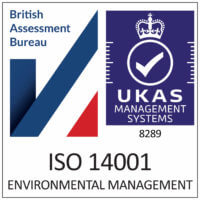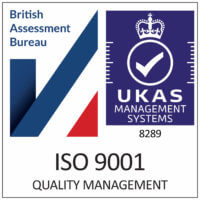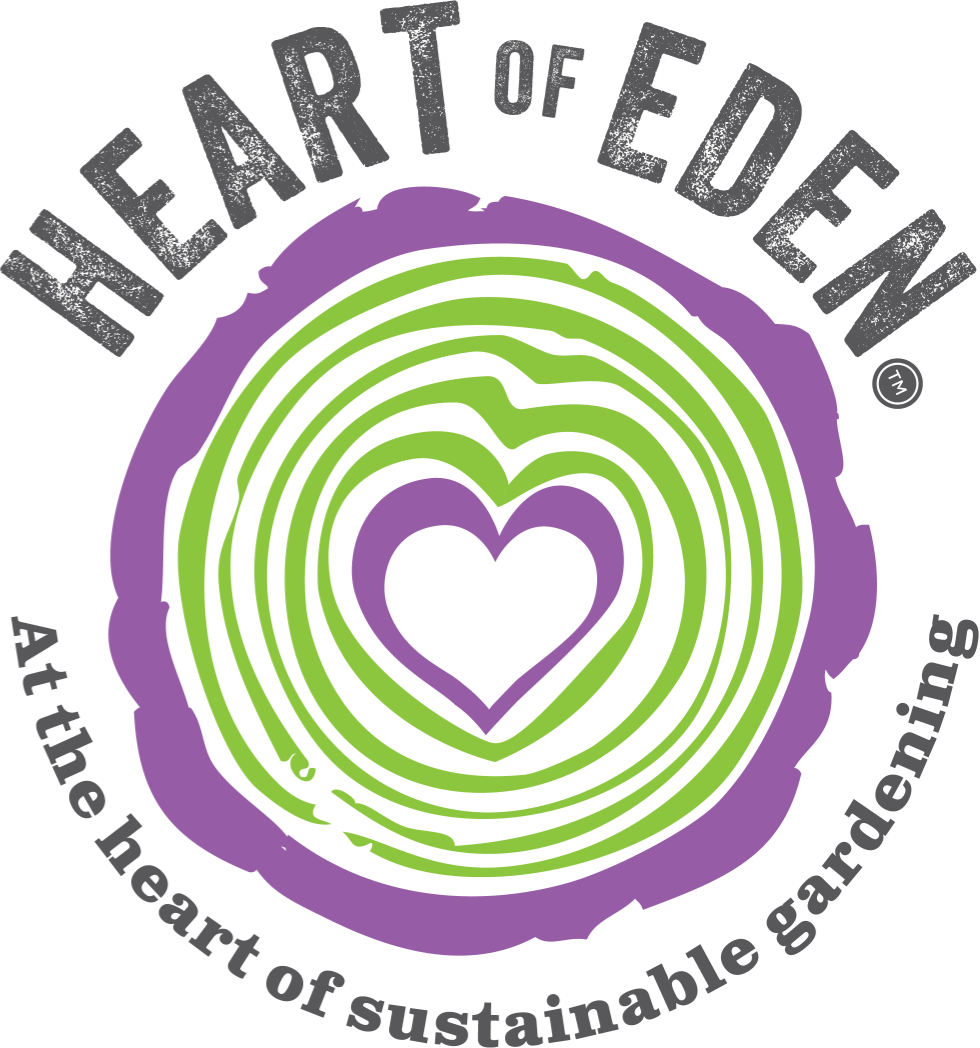Is Peat-Free Compost Suitable for Vegetable Gardening?
Oct 14th 2023
Imagine growing your own vegetables, fresh and healthy, right in your own backyard. But before you start, you may be wondering if using peat-free compost is the right choice for your vegetable gardening endeavors. Good news! In this article, we’ll explore the suitability of peat-free all-purpose compost for vege-table gardening, giving you the information you need to make the most informed decision for your green thumb aspirations. So, grab your gardening gloves and let’s dig into the fascinating world of peat-free compost and vegetable gardening!
What is peat-free compost?
Definition of peat-free compost
Peat-free compost is a type of organic material used in gardening as an alternative to traditional compost that contains peat. Peat is a non-renewable resource and its extraction has significant environmental consequences, including the release of carbon dioxide and the destruction of sensitive ecosystems. Peat-free compost is made from a mixture of sustainable ingredients.
Composition of peat-free compost
Peat-free compost is typically composed of a variety of organic materials, each serving a specific purpose.
Benefits of using peat-free compost
There are several benefits to using peat-free compost in vegetable gardening. Firstly, it reduces the demand for peat extraction, which is harmful to the environment. Peat-free compost is also a sustainable option, as the organic materials used in its production can be replenished. Additionally, peat-free compost improves soil structure, enhances water retention, promotes the growth of beneficial microorganisms, and provides essential nutrients for healthy plant growth.
Importance of compost in vegetable gardening
Nutrient enrichment
Compost, including peat-free compost, is a valuable source of nutrients for vegetable plants. These nutrients are slowly released into the soil, providing a steady supply for plant uptake. Using compost in vegetable gardening ensures that plants have access to the nutrients they need to thrive and produce a bountiful harvest.
Improvement of soil structure
One of the key benefits of compost, including peat-free compost, is its ability to improve soil structure. When added to the soil, compost helps to loosen heavy clay soils, making them more friable and easier to work with. It also helps sandy soils retain moisture and nutrients, preventing them from being quickly washed away. The improved soil structure allows for better root development, aeration, and drainage, leading to healthier and more productive vegetable plants.
Enhancement of water retention
Compost, including peat-free compost, plays a crucial role in retaining water in the soil. It acts as a sponge, absorbing moisture and holding it near the plant roots. This is especially important in vegetable gardening, as consistent and adequate moisture is necessary for optimal plant growth. By using peat-free compost, gardeners can reduce water stress on their vegetable plants and ensure they receive the hydration they need for healthy development.
Promotion of beneficial microorganisms
Compost, whether peat-free or not, is teeming with beneficial microorganisms such as bacteria, fungi, and earthworms. These microorganisms help to break down organic matter, making nutrients more available to plants. They also contribute to the overall health and fertility of the soil by improving its structure, increasing its ability to retain moisture, and suppressing the growth of harmful pathogens. By incorporating peat-free compost into vegetable gardens, gardeners can create a thriving ecosystem of beneficial microorganisms, leading to healthier plants and increased yields.
Advantages of peat-free compost for vegetable gardening
Environmental benefits
One of the primary advantages of using peat-free compost in vegetable gardening is its positive impact on the environment. Peat extraction contributes to carbon emissions and the destruction of sensitive ecosystems, including habitats for rare and endangered species. By choosing peat-free compost, gardeners can help reduce their carbon footprint and support sustainable practices.
Reduced carbon emissions
Peat extraction releases carbon dioxide, a greenhouse gas that contributes to climate change. By avoiding peat in compost and instead using peat-free alternatives, gardeners can help reduce carbon emissions and mitigate their impact on the environment. Using peat-free compost supports a more sustainable and environmentally friendly approach to vegetable gardening.
Sustainable alternative
Peat is a non-renewable resource that takes centuries to form. By using peat-free compost, which is made from renewable and sustainable materials, gardeners can help preserve peat bogs and protect these important ecosystems. Using sustainable alternatives is crucial for long-term ecological balance and the health of our planet.
Long-term soil health
Peat-free compost contributes to the long-term health of the soil by improving its structure, enhancing nutrient levels, and promoting the growth of beneficial microorganisms. By incorporating peat-free compost into vegetable gardens, gardeners can ensure the ongoing fertility and vitality of their soil, leading to healthier plants and higher yields year after year.
Steps to prepare vegetable garden using peat-free compost
Clearing and preparing the site
Before incorporating peat-free compost into a vegetable garden, it is important to clear the site of any existing weeds or debris. Remove any large rocks or branches and ensure the area is free from invasive plant species. Clearing the site provides a clean slate for gardeners to work with and reduces competition for resources between the vegetable plants and unwanted plants.
Amending the soil with compost
To utilize the benefits of peat-free compost, it should be thoroughly mixed into the existing soil. Spread a layer of compost over the garden area and use a garden fork or tiller to work it into the soil to a depth of 6-8 inches. This process ensures that the compost is evenly distributed and incorporated into the root zone of the vegetable plants. The compost enriches the soil with nutrients, improves its structure, and enhances its ability to retain water.
Applying compost as mulch
Another way to take advantage of peat-free compost is by using it as a mulch. After planting your vegetable seedlings, spread a layer of compost around the base of the plants, taking care not to cover the stems. This acts as a protective barrier, preventing weed growth, conserving soil moisture, and providing a slow-release source of nutrients. Mulching with compost also helps to moderate soil temperatures, keeping the roots of the plants cool during hot weather.
Compost tea application
Compost tea, created by soaking peat-free compost in water, can be applied directly to the foliage or roots of vegetable plants. This liquid fertilizer provides a concentrated dose of nutrients that is readily available to plants. To make compost tea, place a generous amount of compost in a permeable bag or container and steep it in water for 24-48 hours. Strain the liquid before applying it to the plants using a watering can or sprayer. Compost tea can be used as a foliar spray or applied directly to the soil around the plants.
Proper storage and maintenance of compost
To ensure the longevity and effectiveness of peat-free compost, proper storage and maintenance are essential. Store compost in a cool and dry area, away from direct sunlight and excess moisture. It is advisable to cover the compost pile or bin to prevent rainwater from leaching out valuable nutrients. Regularly turn the compost to promote airflow and accelerate the decomposition process. By following these guidelines, gardeners can maintain high-quality compost for their vegetable gardens.
Success stories and experiences with peat-free compost in vegetable gardening
Real-life examples of successful vegetable gardens using peat-free compost
Many gardeners around the world have successfully used peat-free compost in their vegetable gardens and achieved impressive results. From abundant harvests to improved soil health, these success stories highlight the effectiveness of peat-free compost as a sustainable growing medium. Gardeners have reported healthier plants, increased yields, and reduced environmental impact by making the switch to peat-free alternatives.
Feedback from experienced gardeners
Experienced gardeners who have been using peat-free compost for vegetable gardening commend its positive impact on the health and productivity of their plants. They appreciate the sustainable nature of peat-free compost and the reduction in carbon emissions associated with its use. Gardeners also note the improved soil structure, water retention, and nutrient availability provided by peat-free compost. Their experiences serve as valuable testimonials to the benefits of utilizing peat-free alternatives in vegetable gardening.
Tips and tricks for maximizing results
To maximize the benefits of peat-free compost, experienced gardeners offer a few tips and tricks. They emphasize the importance of proper soil preparation and the incorporation of compost into the root zone of the plants. Regular soil testing and nutrient monitoring are recommended to ensure plants receive the appropriate amounts of nutrients. It is also advised to rotate crops and practice crop diversity to prevent nutrient depletion and reduce the risk of pests and diseases. Lastly, maintaining consistent moisture levels and practicing proper irrigation techniques can optimize plant growth and yield.
Common misconceptions about peat-free compost for vegetable gardening
Loss of quality and performance
One common misconception about peat-free compost is that it may result in the loss of quality and performance compared to traditional peat-based compost. However, studies and real-life experiences have shown that peat-free compost can provide comparable results when it comes to plant growth and yield. With proper care and attention to nutrient balance and drainage, peat-free compost can deliver excellent performance in vegetable gardening.
Challenges in transitioning to peat-free compost
Some gardeners may be hesitant to transition to peat-free compost due to concerns about adapting their gardening practices. However, with a little research and experimentation, transitioning to peat-free compost can be a smooth process. Understanding the needs of your vegetable plants, selecting the right peat-free compost, and monitoring soil conditions will ensure a successful transition and continued success in vegetable gardening.
Conclusion
In conclusion, peat-free compost offers numerous benefits for vegetable gardening. Its sustainability, positive environmental impact, and contribution to long-term soil health make it an attractive alternative to traditional peat-based compost. By enriching the soil with nutrients, improving soil structure, enhancing water retention, and promoting beneficial microorganisms, peat-free compost sets the stage for healthy and productive vegetable plants.






